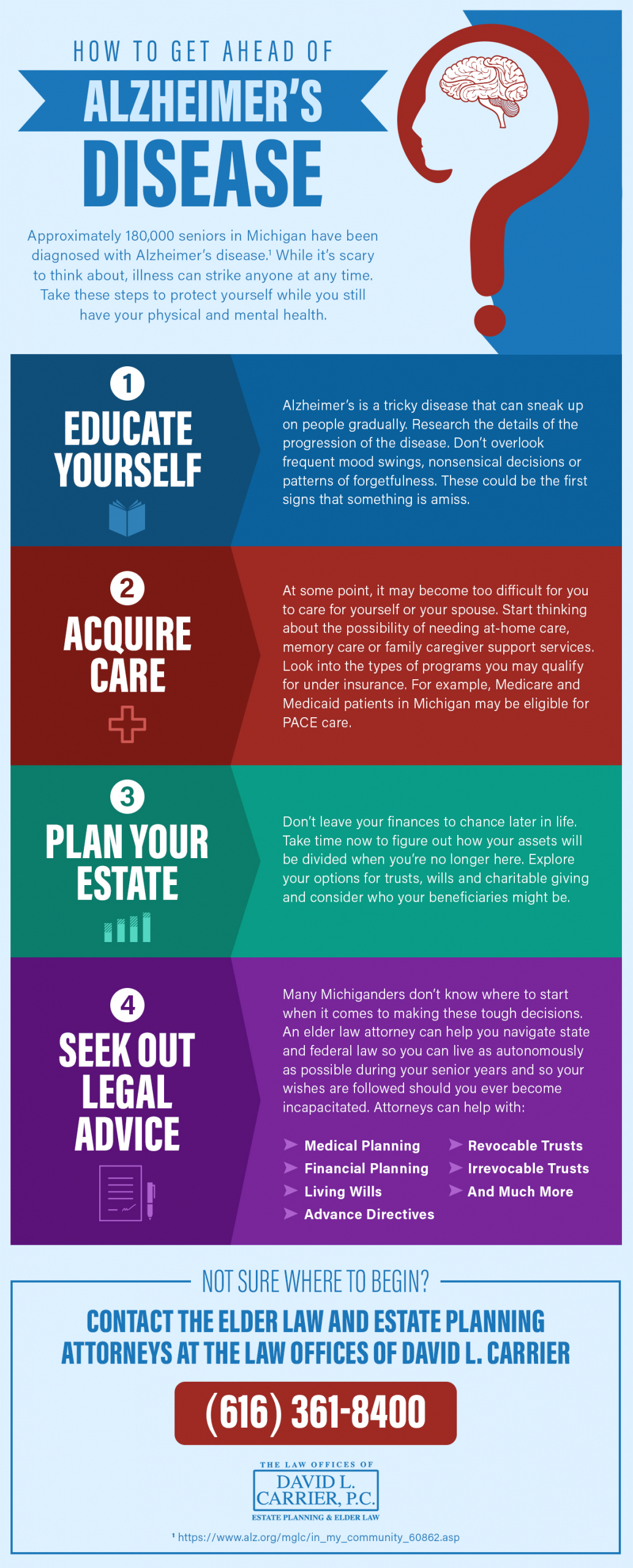What is your role at Carrier Law?
I wear a few different hats!
I work closely with long-term care facilities to discuss any questions they may have regarding a mutual family and let them know we are a resource for them. Likewise, I provide referral information on facilities to our families based on their needs, and to give them the opportunity to take tours ahead of time.
I also work to ensure that the folks who provide the skilled care, room and board, meals, love and compassion get paid each month. I keep the facilities up to date during the Medicaid Application process, from being retained, through approval.
For the Carrier Law team, I manage Human Resources and the various relationships we have with professional organizations and charities across West Michigan.
What do you love about working for Carrier Law?
One of the most rewarding parts of my job is visiting our families in the nursing home, assisted living facilities, and PACE Centers. I’ve worked with facilities from Portage to Muskegon to Cedar Springs, and they reflect our passion for providing the best care possible for our families.
You lead several initiatives benefiting memory care, including The Walk to End Alzheimer’s. What does that mean to you?
Alzheimer’s can be a crippling diagnosis for families. Where to turn, what’s next, how can I afford the cost of care, what care options are there. There is no cure. We’ve been a sponsor of the walk for many years and will continue walking toward a cure.
What makes Carrier Law unique?
The way we support families going through the Medicaid process is incredibly unique. It is a very emotional time for the family because they have been a caregiver, oftentimes for many years, sacrificing their health and financial well-being to care for their spouse or mom or dad.
We take extra care to address questions and ensure the process is moving. Our Medicaid paralegals meet with them once a week, along with my check-ins as the liaison between the nursing home and the family. In a crisis situation, I may talk to the family every day. We do this until their loved one is placed where they can receive the care they need, then we follow up periodically to confirm that all is well.
Thank you to Kris for the inspiring work she does for Carrier Law!


 Marge and Walter have a beautiful cottage on the lake in Grand Haven, in addition to their primary home in Grand Rapids. Beth and her family look forward to weekend visits in the summer. Her children feel like it’s their summer home because they spent so much time there with Nana and Grandpa. Due to distance and their own busy lives, Dave and Mark haven’t been to the cottage since they were little.
Marge and Walter have a beautiful cottage on the lake in Grand Haven, in addition to their primary home in Grand Rapids. Beth and her family look forward to weekend visits in the summer. Her children feel like it’s their summer home because they spent so much time there with Nana and Grandpa. Due to distance and their own busy lives, Dave and Mark haven’t been to the cottage since they were little.
 d plan for what you hope won’t happen. In the United States, someone develops the disease every 66 seconds. We can never be certain it won’t happen to us.
d plan for what you hope won’t happen. In the United States, someone develops the disease every 66 seconds. We can never be certain it won’t happen to us.
